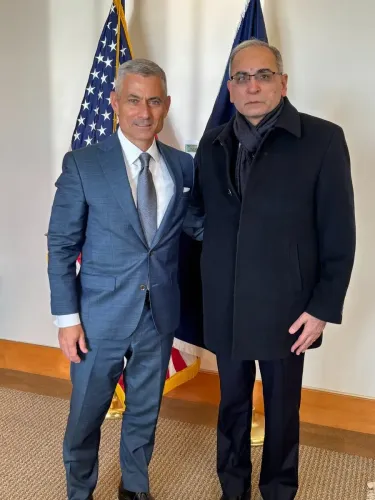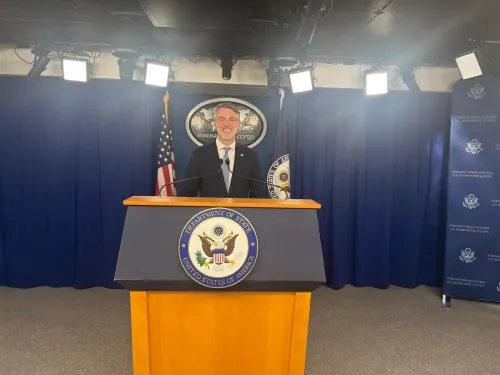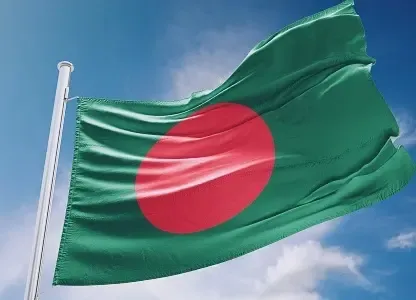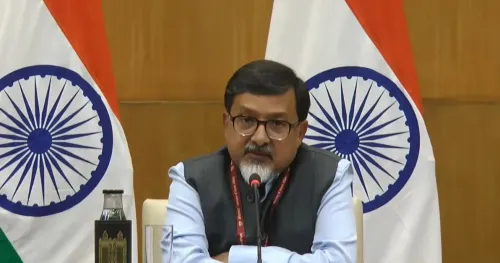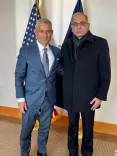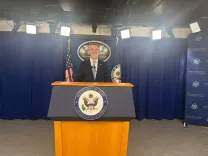Iran Denounces IAEA's Allegations Concerning Nuclear Program
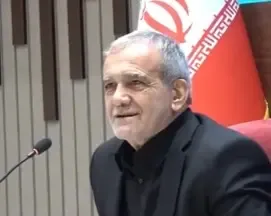
Synopsis
Key Takeaways
- Baghaei criticized IAEA claims as "false".
- He urged Grossi to adhere to his responsibilities.
- Iran maintains compliance with international agreements.
- IAEA's reports are seen as politically driven.
- Efforts to revive the JCPOA have stalled.
Tehran, March 3 (NationPress) Iran's Foreign Ministry Spokesman, Esmaeil Baghaei, on Monday criticized what he termed as "false" assertions by the International Atomic Energy Agency (IAEA) and its Director General, Rafael Grossi, regarding the nature of Iran's "peaceful" nuclear programme.
During a weekly press briefing in Tehran, Baghaei responded to recent IAEA reports stating that Iran had "significantly increased" its production of highly enriched uranium since December, thus augmenting its stockpile of near-weapons-grade material. Grossi had echoed similar sentiments.
Baghaei expressed Tehran's expectation that the IAEA chief would operate within the boundaries of his authority and responsibilities, emphasizing that political conjectures do not fall under Grossi's duties and are unproductive in addressing concerns regarding Iran's nuclear programme.
"Such statements are completely detached from reality," he said, asserting that Iran's nuclear initiatives have consistently remained compliant with international law, the safeguards agreement with the IAEA, and the Non-Proliferation Treaty.
He also indicated that the IAEA's actions may be swayed by the interests of certain Western nations, suggesting that the reports are driven more by political motivations than by technical assessments, as reported by Xinhua news agency.
In the reports reviewed by the media on Wednesday, the IAEA claimed that Iran's stock of uranium enriched to up to 60 percent purity had reached 274.8 kg, which, according to IAEA standards, "is sufficient for six nuclear bombs if further enriched."
Iran entered into a nuclear agreement, known as the Joint Comprehensive Plan of Action (JCPOA), with world powers in July 2015, agreeing to limit its nuclear activities in exchange for the lifting of sanctions.
However, the United States exited the deal in May 2018 and reinstated sanctions, causing Iran to retract some of its nuclear commitments.
Negotiations to restore the JCPOA began in April 2021 in Vienna, Austria. Despite several rounds of discussions, no significant advancements have been reported since the last talks in August 2022.

